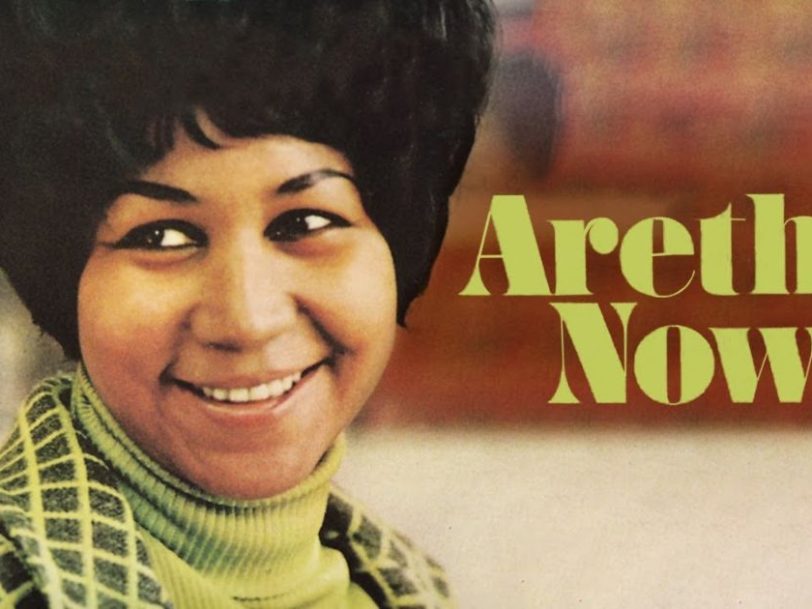In Aretha Franklin’s best work there is urgency and vitality. The Aretha Now album – with its implicit exclamation mark – surges with confidence in her unassailable talent. This 1968 release arrived squarely in the middle of Franklin’s most creative and productive period, and became the fourth of four big Franklin albums in less than two years. Yet it is a record also infused with grief and pierced by emotional howls against the injustices perpetrated against Black America in the late 60s.
Listen to ‘Aretha Now’ here.
The backstory: “He placed a beautifully bejeweled crown on my head”
At the end of 1967, Franklin gained her most famous moniker – the “Queen Of Soul”. The Chicago DJ Pervis Spann “announced me ‘Queen Of Soul’ in the city of Chicago on the stage of the Regal Theater”, Franklin remembered in her autobiography, From These Roots. “He placed a beautifully bejeweled crown on my head, and I still cherish the memory of my silver-sequined gown.”
That wasn’t the only honour Franklin received; in early 1968, the Mayor of Detroit named 16 February Aretha Franklin Day in the city. At her celebratory performance, Dr Martin Luther King, Jr, flew in as a special guest, presenting her with yet another accolade: the Drum Beat Award, from the Southern Christian Leadership Conference (the civil-rights organisation of which he was president). Aretha Franklin was loved everywhere she went; her artistry, her glamour and her big, big voice had become part of the fabric of North American society in under a year.
The inspiration: “The mourning for Dr King was not an easy process”
When King presented Aretha Franklin with that award, it was the last time she saw him alive. The great man was assassinated on 4 April 1968. “My personal memories of Dr King’s loving-kindness and profound humanity are precious,” Franklin reflected. “The mourning for Dr King was not an easy process for any of us.”
Franklin was a political woman and a political singer. Her upbringing had instilled pride in her Black identity and, through songs such as 1967’s Respect – still hailed as one of the best soul songs of all time – she herself became an impassioned voice for racial justice and gender equality. She has said she found the death of Dr King a “cataclysmic” experience, and as she continued to work hard, she tried to process her grief at the same time.




